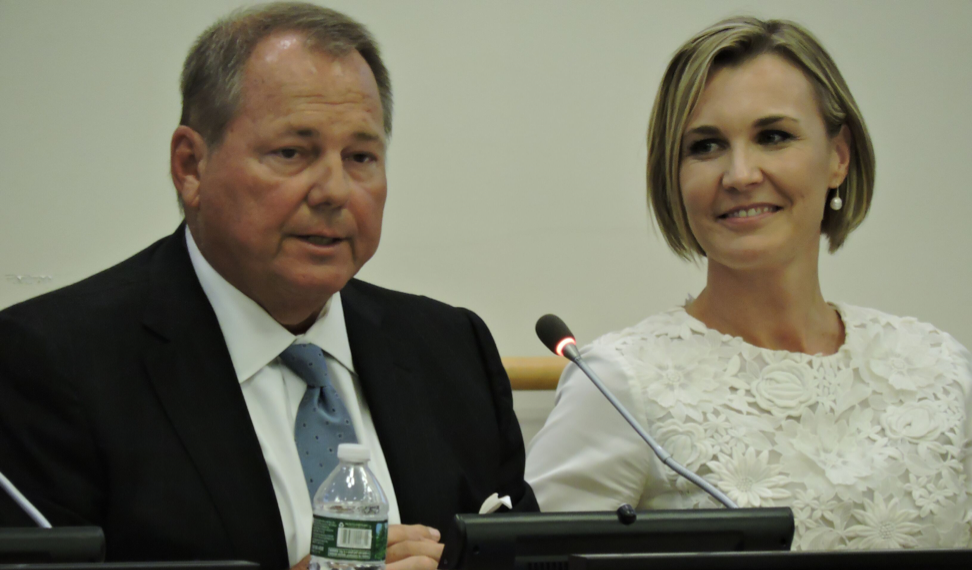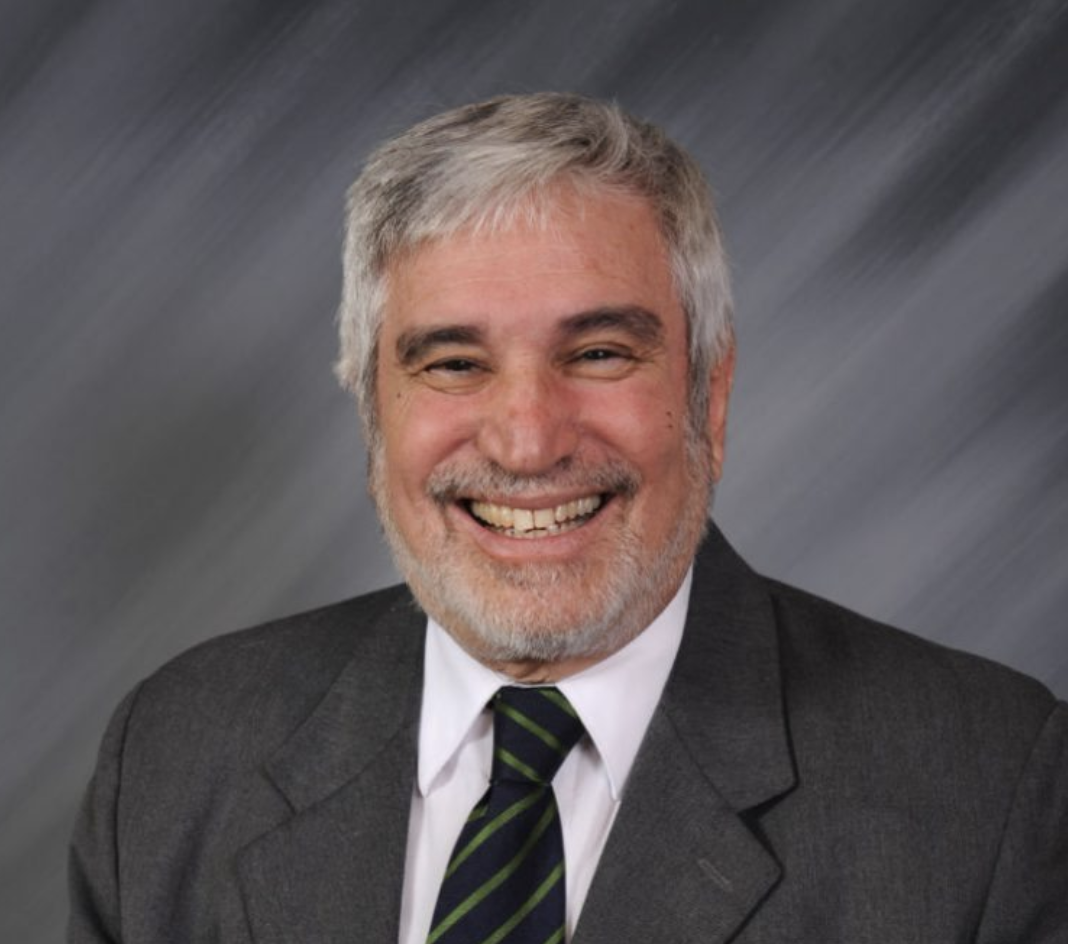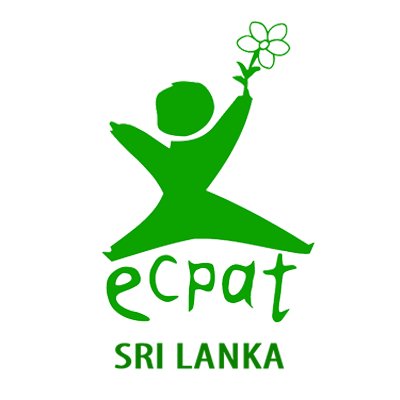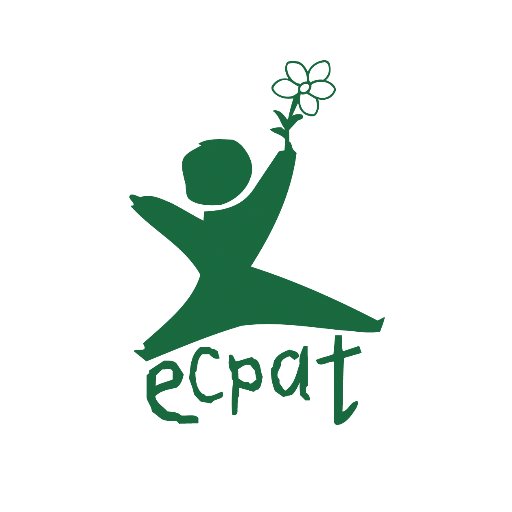
Keeping Children Safe: a success story of the leadership for sustainable tourism.
Hearing Paul Sistare speaking last September at the United Nations and this year at the Global Child Forum and World Childhood Foundation Brasil event in São Paulo was so inspiring. Chairman, Founder and former CEO of Atlantica Hotels in Brazil, Paul has demonstrated what businesses can do to keep children safe and reduce the risks of child abuse and trafficking. It is a sentiment we share at the World Childhood Foundation USA (Childhood USA), an organization with the vision that every child should be free from violence and child sexual abuse and exploitation. We need more champions like Paul, who know how to successfully and in a sustainable way engage their companies, employees, purveyors, clients and guests in doing what each of us should be doing: keeping our children safe. Over the last 12 years, Paul has led the Atlantica Hotels work in partnership with Childhood Brasil to develop and implement a program for prevention of child abuse and exploitation, and raising money for the victims, a program which we believe will inspire all of you to take action.
We want to share Paul’s story to highlight the role of business in child protection, and to demonstrate how a corporate leader can become an agent for change. By partnering with an NGO, such as Childhood, businesses get technical and strategic support and expertise that makes the program scalable and sustainable. With over 1 Billion children every year exposed to violence, and the economic impact of violence against children reaching up to 7 Trillion Dollars, it is urgent that we act NOW.
After a very successful Global Child Forum last month in São Paulo, that was co-organized with Childhood Brasil, Dr. Joanna Rubinstein, President and CEO of Childhood USA, called Paul to interview him to learn how to engage other companies within the travel and tourism industry in ending violence and abuse of children.
JR: Paul, when did you for the first time reflect on child sexual abuse in the travel and hospitality industry?
PS: I have had the privilege of being in the hospitality industry for nearly 45 years and have operated in virtually all the continents of the world. At the very beginning, when I was based in Orlando working for Walt Disney World at the time EPCOT was being opened, I was emotionally overwhelmed with the number of terminally ill children who had said that visiting Disney World was their dying and last wish. This was the beginning of the Make a Wish Foundation where myself, representing Disney and members of the airlines and the Orlando community sought to fulfill these wishes for not only just the children but also the family. A rewarding experience indeed but heart-breaking. I keep to this day, letters and obituaries from the families that I hosted at Disney. Today, the Make a Wish foundation is helping families and their terminally ill children all over the world. One last wish…
Leaving Disney and working for another international firm based in Hong Kong but with over 300 hotels worldwide, I became aware of the number of homeless families during the tumultuous 80’s where particularly in the US, families were forced to live on the streets at no fault of their own. Rather than simply turning away from this problem, I partnered with Habitat for Humanity and challenged my hotel group to build 50 homes across the states and countries we operated. My team took up the challenge and surprised me by exceeding our goal and built 80 homes in one year which attracted the attention of former President Jimmy Carter who invited my wife and I to a lovely dinner at their home to celebrate our involvement with the group.
Arriving in Brasil was an eye opener for me especially because building out Atlantica Hotels into 44 cities in Brasil, I visited many areas that many Brasilians themselves did not know. The one thing I saw in common in all the cities I visited (rich or poor) was the multitude of children on the streets trying to survive. Little did I know at the time that their parents were forcing them to work the streets not only just begging, but even selling their tiny bodies to unscrupulous tourists. As this dawned on me from personal experiences, we created an internal program called “Criança Feliz” to help the street children in the communities where we operated our hotels. It was only a year later that we discovered that although Atlantica was an outstanding hotel operator, we knew nothing about NGOs or charitable organizations. We had amassed a significant sum of money but had no idea as to how to deploy the funds to actually change lives. In 2005, we partnered with Childhood Brasil and the rest is history and now our future.
JR: How did you decide what needs to be done and how to implement it, or who would be the right partners for Atlantica Hotels?
PS: It is said to do what you do best. Atlantica Hotels is the best and largest private hotel operator in Latin America. We know how to clean rooms, attract guests, cook and serve food and make a profit for our clients and shareholders. What we did not know was how to change the lives of the children that were being abused. We realized that the hospitality industry was at the front lines or rather ground zero of the war. We had the means to change lives and expose the issues; but we did not have the infrastructure. The partnership with Childhood Brasil allowed us the freedom to build an infrastructure together while we could focus on our core business while contributing to our community. The associates of Atlantica, with the help of Childhood, began to realize that their jobs at Atlantica had both a role and a purpose not only in the necessity of providing a livelihood for their families but all members regardless of their positions in the hotel could contribute to their community and change lives for the better. The 5,000 members of Atlantica’s team and over 25 million guests readily embraced the concepts with Childhood Brasil. The government was much slower to recognize the problem. However, persistence and consistency paid off and various ministries recognized the value that Atlantica Hotels and Childhood Brasil were implementing in the respective communities. It was good for business and now it was good for the government.
JR: How did you persuade your Board that Atlantica Hotels in Brazil should engage in protecting children from abuse and exploitation?
PS: Persuading and engaging a Board is really not the entity that will have significant impact. Their focus and role is to provide direction and improve shareholder value. They look to the CEO to implement actions to do so. In the tourism industry, engaging with the community is just good business. The question then remains as to how to engage most effectively to raise the profile of the business and achieve the board’s goals.
JR: What major challenges did you encounter and how did you overcome them?
PS: The first challenge was almost overwhelming, as in 2005 we needed to get over 5,000 team members to understand the mission of Childhood and then train them in a sustainable manner. Turnover in the hospitality industry is normally around 50%. So as one individual comes in, one goes out. The challenge was to maintain the momentum. In that challenge, we recruited “mentors” and “champions” in each hotel that adopted the initiatives and kept the team engaged. We quickly found out that these individuals needed to be line level staff who spoke the language of the team.
Secondly, came the government. The Tourism Ministry refused to accept that there was a problem. It was not until I used the words in a speech sanctioned by the President of Brasil that the Ministry backed down. Moreover, 25 million guests and 5,000 people in 44 cities gradually won the government over to create a Childhood Day, a Ministry dedicated to Children and a nationwide program to denounce child abuse, child slavery, child sexual abuse and child tourism. In fact, the government passed a law that now unaccompanied minors must show proof that they have their parents’ permission to be traveling with another adult such as a relative or in school or religious groups.
JR: 2017 is the year of sustainable tourism. Together with the new global goals, the Sustainable Development Goals, it offers new opportunities to address the issue of child abuse and trafficking. Travel and hospitality industry can help to achieve the SDG 16.2 target – ending abuse, exploitation, trafficking and all forms of violence and torture of children by 2030. How can we get other companies and hotel chains to replicate your successes and accelerate progress toward reaching this ambitious goal?
PS: Other tourism industries need to be exposed to the success of Atlantica’s culture and accept that they are at the front lines of a global war. Perhaps it is just winning a battle or two but it is small battles that win a larger war. The realization is that this war is far from being won. But the sustainable actions of creating a culture and not just a program will change the life of one child which becomes a force multiplier.
JR: What are you most proud of and consider your greatest accomplishment?
PS: While the first 2 or 3 years working with Childhood Brasil was challenging, mostly due to my impatient personality, today, we have over 5,000 Atlantica Hotel team members embracing the cause and 25 million guests are aware of Childhood Brasil. We also have 8,000 clients engaged as well as the requirement with our purveyors that in order to do business with us, they have to sign the “Code of Conduct.” We have supported the building of 7 shelters for victims. We have given dignity and respect to those who have been abused. Although being the largest financial supporter of Childhood Brasil could be considered as a great accomplishment, however, money does not ensure sustainability. Today, the Childhood program in Atlantica is fully integrated and is no longer just a program implemented because the CEO “said so.” Today, Childhood is part of the fabric of Atlantica. It is part of the culture of Atlantica. Therefore it is sustainable.
|
|
|
| ATLANTICA HOTELS | |
Founded in 1996 by Paul J. Sistare, Atlantica Hotels, based in São Paulo, Brazil, is the largest privately held hotel management company in South America. Atlantica Hotels maintains exclusive strategic alliances with Choice Hotels, Carlson Rezidor Hotel Group and Hilton. With over 5,500 employees Atlantica Hotels currently operates 87 hotels which total more than 14,500 rooms in 44 cities in Brazil, and more than six thousand hotels around the world in its reservation portfolio. Atlantica Hotels is also one of the largest supporters of Childhood Brasil committed to the prevention of child sexual exploitation.
World Childhood Foundation
Founded in 1999 by Her Majesty Queen Silvia of Sweden with the mission to defend children’s right to a happy and safe childhood, free from sexual abuse and exploitation, the Foundation has provided support to over 1000 projects in more than 20 countries including the US. In recent years, Childhood USA (one of the four Childhood Offices) under the leadership of HRH Princess Madeleine, launched the #EyesWideOpen advocacy initiative with the goal to build greater awareness surrounding the issue of child sexual abuse, and to focus on prevention providing tools like the Mobile App http://socapp.org to prevent, recognize, and respond to child sexual abuse and exploitation. For more information visit www.childhoodusa.org and www.thankyou.org/eyeswideopen




